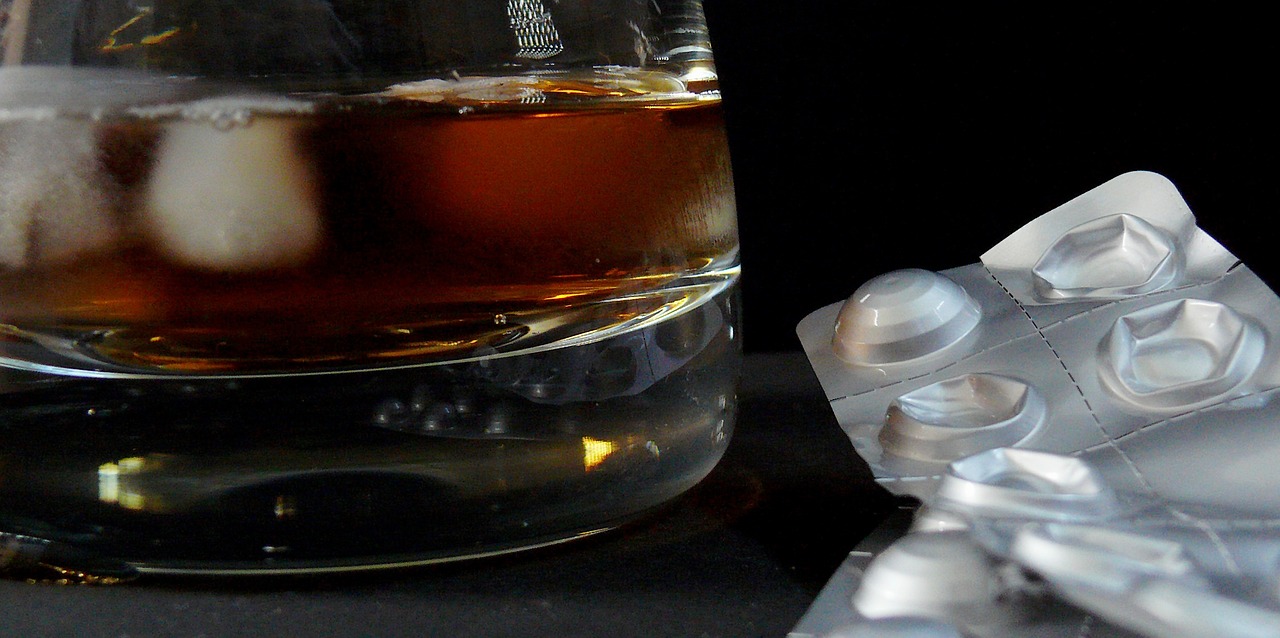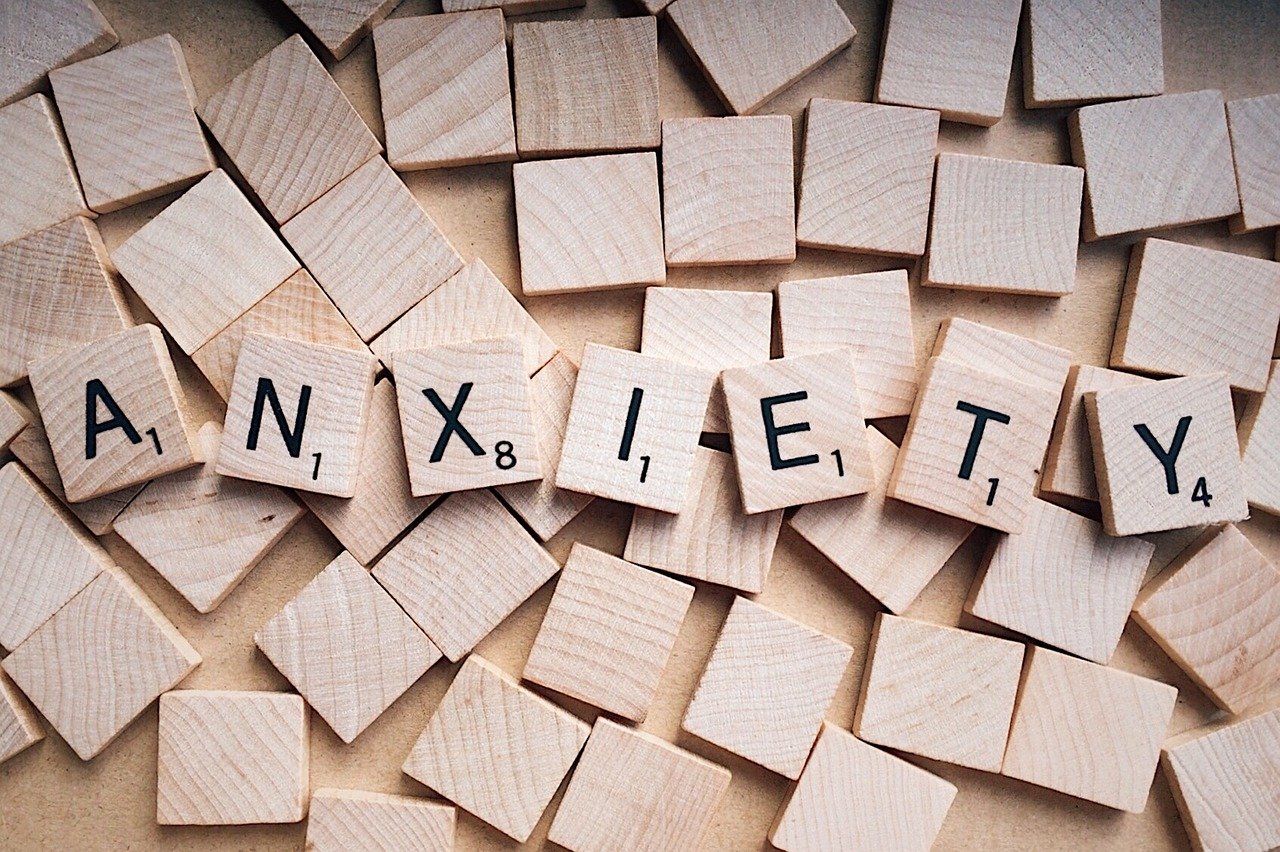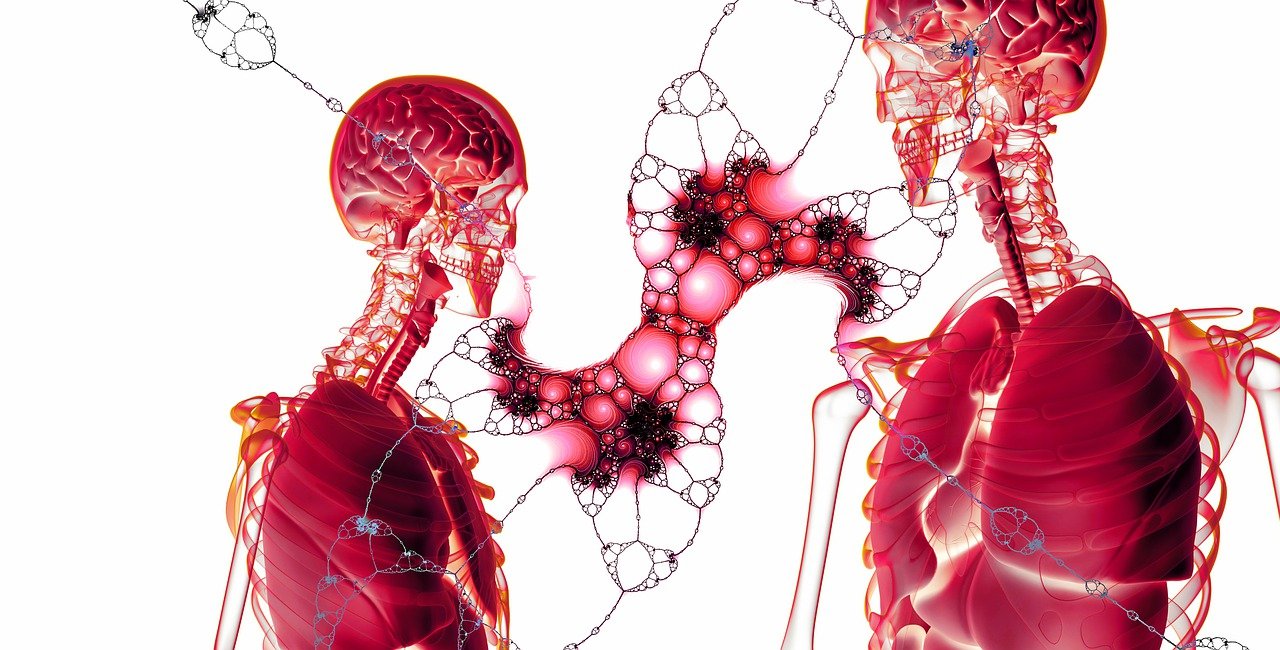DESYREL (trazodone hydrochloride) And Alcohol
In high doses, taking trazodone and alcohol together can be fatal, and in higher doses, taking both can have serious side effects. Alcohol is a depressant and can increase the risk of heart attack, stroke, heart failure and death. This includes the use of off-label medications, while other first-line medications are effective but cause many serious side effects such as benzodiazepines.
The safety of trazodone and alcohol may depend on the dose and the specific case of the patient. Long-term use of trazodone and alcohol can also lead to abuse and withdrawal.
However, patients may find that moderate alcohol consumption while taking trazodone is safe, but Drinking alcohol while taking trazodone can be dangerous. Some manufacturers of medicines developed by manufacturers and approved by regulators advise against using alcohol, as alcohol can exacerbate side effects.
If alcohol is contraindicated for trazodone, patients should discuss their alcohol consumption with their doctor. Patients should also discuss the issue with their doctor to determine what precautions they should take before taking trazodone.
When drinking a glass of wine, it is not advisable to take trazodone as it can increase the effect of alcohol, cause dizziness, drowsiness or difficulty concentrating. Depending on your health status and dosage, your healthcare provider may allow you to drink light amounts of beer or wine or other alcoholic beverages, but only after you are aware of the specific effects of trazodone on the body. Ask your doctor if you can take safe amounts of alcohol during treatment.
It has been reported that it may take 1-2 weeks for trazodone to start working and you will then begin to feel the full benefits. In addition, some people may feel bad in the first week of treatment and feel better after a few days or even a week or two.
At normal doses, the enzymes may change in some people, but the increases are usually modest and do not require a change in dose or a stop in treatment.
Avoid activities that require mental alertness, such as driving or operating dangerous machines, until you know how your medication affects you. Do not take more than the recommended dose of trazodone; alcohol can increase the risk of depression, anxiety, depression – such as symptoms and suicidal thoughts and behavior. Taking trazodone with alcohol can be dangerous in some cases, as some patients may experience depressive or suicidal episodes in combination with medication and alcohol.
These unpleasant side effects can even be fatal for some patients. The information provided is not intended to replace complete and accurate information on the effects of trazodone and alcohol on the health of the patient.
Trazodone and alcohol can range from side effects associated with both substances to more severe symptoms that can be potentially life-threatening. Alcohol can increase the risk of depression, anxiety and other mental health problems such as anxiety disorders, depression and suicidal thoughts. trazodone can have serious side effects in combination with alcohol, which patients who are being treated for depression must be careful about.
Some users who have mixed trazodone with alcohol claim the combination impairs their thinking and judgment. Some users who have a mixture of alcohol and drink claim that this combination impairs their thinking, judgment and ability to think and think.
You may have read about trazodone users mixing the substance with alcohol, but you are not fully aware of the dangers of this combination. The most common cause of death among drinkers who have mixed the substances into alcohol is, of course, death. Mixing an antidepressant with a depressant can lead to unpredictable and dangerous consequences for different users.
You may have a friend or relative who has struggled with trazodone and alcohol abuse. Treatment and recovery can treat a variety of cases of drug abuse, including concurrent abuse and cases of dependence on other substances such as heroin and cocaine.
Trazodone is a commonly prescribed drug used to treat depression in adults and adolescents because it can alter chemicals in the brain. The problem with mixing antidepressants and alcohol is that alcohol can counteract the effects of antidepressants without exacerbating the symptoms of the prescribed drug, such as depression, anxiety and suicidal thoughts. Some doctors say that in most cases where antidepressants don’t work, it may have something to do with alcohol consumption.
Antidepressants can increase the intoxicating effect of alcohol, making you feel drunk and impaired more quickly, according to the National Institutes of Health.
People who abuse trazodone rarely abuse it alone or in groups, increasing the risk of overdose and harmful side effects. If you never drink alcohol, pay particular attention to taking mood-stabilizing psychiatric drugs. They can trigger dangerous, even fatal, reactions to alcohol and cause serious health problems, according to the Medlineplus.gov.
Trazodone can be abused in many different ways, but most people who take it only for the purpose of achieving high levels take the tablets for immediate release. Although not always considered a habit – formation of drugs, it can lead to physical dependence and withdrawal, so that Those who take them should do so carefully and under direct medical supervision.
FAQ’s
Is It Safe To Drink Alcohol While Taking Trazodone?
Consuming alcohol while taking trazodone can be dangerous. Trazodone may amplify a few of the impacts of alcohol, which can cause hazardous levels of intoxication and even overdose and death. The combination can likewise cause extreme drowsiness, which can cause mishaps and falls.
Can I Have A Glass Of Wine While Taking Trazodone?
You can consume alcohol while taking trazodone, however it may make you feel drowsy. It might be best to stop consuming alcohol until you see how the medicine makes you feel.
What Should You Not Take With Trazodone?
Avoid taking MAO inhibitors (isocarboxazid, linezolid, methylene blue, moclobemide, phenelzine, procarbazine, rasagiline, safinamide, selegiline, tranylcypromine) throughout treatment with this medication. Many MAO inhibitors need to likewise not be considered 2 weeks prior to and after treatment with this medication.
Does Trazodone Hurt Your Liver?
Trazodone might trigger modification of liver enzyme levels at normal doses, however elevations are generally modest and generally do not require dose modification or discontinuation. Uncommon instances of ALF and death from trazodone have actually been described.
Will Trazodone Help Me Sleep?
Because of the chemical structure of trazodone, it has been discovered to have mild sedating impacts, and it is less reliable than other antidepressants for the treatment of depression. Therefore, trazodone has discovered greater energy as a sleep help than it has as an antidepressant medication.
Does Trazodone Feel Like Xanax?
Xanax resembles trazodone in that it might trigger negative effects such as feeling tired and sleepy. When this happens during the day, it can impact your day-to-day activities. Nevertheless, unlike trazodone, Xanax and other benzodiazepine drugs can be addicting, even if you’ve been using them as directed.
Trazodone Risks You Should Know About
It can also cause abnormally low high blood pressure and, in turn, trigger dizziness or perhaps passing out, particularly in elders, which can increase the threat of falling.
Can You Stop Trazodone Cold Turkey?
Giving up Trazodone cold turkey can lead to much of the uneasy withdrawal signs noted above, however a Trazodone detox program can supply safe, comfortable, and efficient treatment for withdrawal.
Is Trazodone Safe Long Term?
When used to treat depression, it is typically advised that you remain on the therapeutic dose of an antidepressant medication for 6-12 months after depression has reacted to treatment. As far as is known, trazodone is safe for long-lasting usage.
Can Trazodone Be Cut In Half?
The tablet can be swallowed whole or offered as a half tablet by breaking the tablet along ball game line. Do not break the tablet unless your physician informs you to. Do not squash or chew the tablet.
Is Trazodone An SSRI Drug?
While trazodone is not a true member of the SSRI class of antidepressants, it does still share numerous homes of the SSRIs, especially the possibility of discontinuation syndrome if the medication is stopped too quickly.
Does Trazodone Affect Your Breathing?
Trazodone, a serotonin antagonist and reuptake inhibitor, is the most typically utilized sedative in the United States. Trazodone has been revealed to reduce breathing disruptions without hindering upper airway muscle activity in an English bulldog model of OSA.
Is Trazodone An Effective Antidepressant?
Overall, trazodone is a reliable and well tolerated antidepressant (SARI) with an essential role in the present treatment of MDD both as monotherapy and as part of a mix technique.
HOW SUPPLIED
Dosage Forms And Strengths
- 50 mg: White, round, scored, film-coated tablet; bisected with “50” and “P 005” debossed on one side and plain on the other side.
- 100 mg: White, round, scored, film-coated tablet; bisected with “100” and “P 006” debossed on one side and plain on the other side.
- 150 mg: White, rectangular, scored tablet; trisected on both sides, debossed with “P” and “007” on one side and “50”, “50”, “50” on the other side, with a bisect on each edge.
- 300 mg: White, rectangular, scored tablet; trisected on one side debossed with “100”, “100”, “100” and bisected on the other side debossed with “P” and “008”.
Storage And Handling
50 mg: White, round, scored, film-coated tablet; bisected with “50” and “P 005” debossed on one side and plain on the other side. Bottles of 100 NDC 58463-005-01
100 mg: White, round, scored, film-coated tablet; bisected with “100” and “P 006” debossed on one side and plain on the other side. Bottles of 100 NDC 58463-006-01
150 mg: White, rectangular, scored tablet; trisected on both sides, debossed with “P” and “007” on one side and “50”, “50”, “50” on the other side, with a bisect on each edge. Bottles of 100 NDC 58463-007-01
300 mg: White, rectangular, scored tablet; trisected on one side debossed with “100”, “100”, “100” and bisected on the other side debossed with “P” and “008”. Bottles of 100 NDC 58463-008-01
Store at 20°C to 25°C (68°F to 77°F). Excursions permitted between 15°C and 30°C (59°F to 86°F) [see USP Controlled Room Temperature].
Dispense in a tight, light-resistant container as defined in the USP.
source: https://www.rxlist.com/desyrel-drug.htm#indications












Recent Comments